Hey there, curious minds! Have you ever wondered what science really is? Is it just a fancy word you hear at school or on TV? Well, let’s embark on a journey together to unravel the mysteries of science and discover what makes it so fascinating.
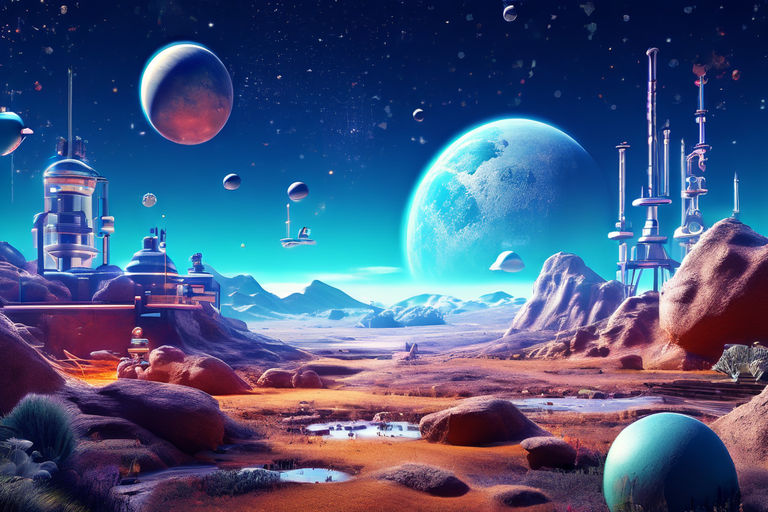
Science: More Than Just a Word:
To put it simply, science is like a superpower that humans have developed to understand the world around us. It’s not magic, but it sure feels like it sometimes! Science helps us answer questions, solve problems, and make sense of the universe. Whether you’re investigating how plants grow, why the sky is blue, or even what makes your smartphone work, science is at the heart of it all.
The Curious Nature of Science:
Science is driven by curiosity – that burning desire to know why and how things work. Have you ever asked questions like, “Why do leaves change color in the fall?” or “What makes thunder and lightning during a storm?” Congratulations! You’re already thinking like a scientist.
Steps of the Scientific Method:
Okay, let’s get a bit more technical for a moment. Scientists have a special way of figuring things out called the scientific method. It’s like a recipe for discovering the truth. Here are the main steps:
- Ask a Question: Start with a question about something you want to understand, like “Why do cats purr?”
- Research: Find out what others have learned about your question. This helps you avoid reinventing the wheel.
- Form a Hypothesis: This is like making an educated guess. You might think, “Cats purr to communicate with their owners.”
- Experiment: Test your hypothesis with an experiment. For our cat question, you could observe cats in different situations and see if they purr more around their owners.
- Collect Data: Record what happens during your experiment. How many times did the cats purr when their owners were around?
- Analyze Data: Look at your data and see if it supports your hypothesis. If most cats did purr more around their owners, your guess might be correct.
- Draw a Conclusion: Based on your data, decide if your hypothesis is true or false. In our example, you might conclude that cats do purr more around their owners.
- Communicate: Share your findings with others. This is important because it allows other scientists to learn from your work and build on it.
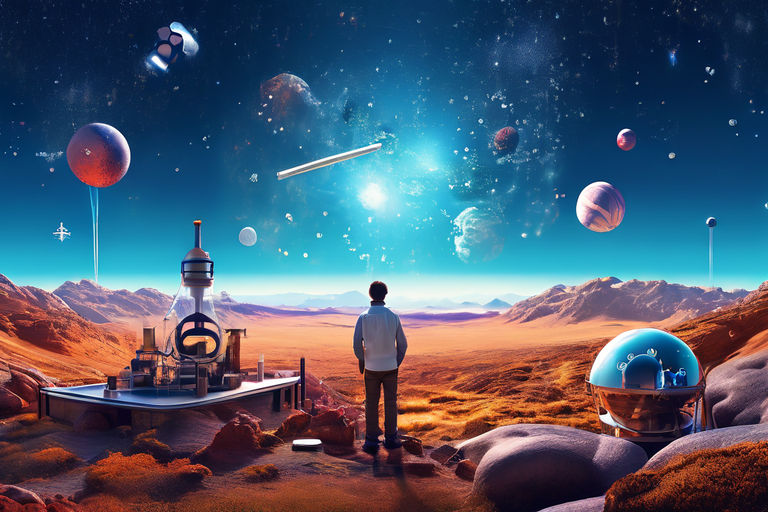
Branches of Science:
Science is as diverse as the colors in a rainbow. There are many branches, each focusing on different aspects of the world. Here are a few:
- Biology: The study of living things, from tiny microbes to giant elephants.
- Physics: The science of motion, energy, and the fundamental forces of the universe.
- Chemistry: The investigation of matter and its properties, from the tiniest atoms to complex molecules.
- Astronomy: Peering into the depths of space to understand the cosmos.
- Geology: Exploring the Earth’s structure and the processes that shape our planet.
- Environmental Science: Studying the impact of humans on the environment and how to protect our planet.
- Psychology: Delving into the mysteries of the human mind and behavior.
The Importance of Science:
Science isn’t just about satisfying our curiosity. It has practical applications that improve our lives every day. Think about it:
- Medicine: Scientists discover new treatments and cures for diseases, helping us live longer, healthier lives.
- Technology: Science gives us smartphones, computers, and the internet, revolutionizing the way we communicate and work.
- Agriculture: Advances in agricultural science help us grow more food to feed the world’s growing population.
- Transportation: Science powers cars, planes, and trains, making travel faster and more accessible.
- Environmental Protection: Scientists work to understand and combat climate change, protecting our planet for future generations.
- Space Exploration: Science takes us to other planets, expanding our horizons and inspiring the next generation of explorers.
Anyone Can Be a Scientist:
You don’t need a lab coat or a fancy degree to be a scientist. All you need is curiosity and a willingness to ask questions. Remember, some of the most famous scientists, like Isaac Newton and Charles Darwin, started with simple questions and a thirst for knowledge.
Science and Ethics: While science brings incredible benefits, it also comes with responsibilities. Scientists must consider the ethical implications of their work. For example, genetic engineering can lead to new medical treatments, but it also raises questions about the potential misuse of technology.
The Beauty of Discovery:
Science isn’t just about answers; it’s about the thrill of discovery. Imagine being the first person to see a new star or understand how a butterfly’s wings change color. That’s the magic of science – it’s a never-ending adventure.
In Conclusion:
So, what is science? It’s the key to unlocking the mysteries of the universe. It’s a journey of curiosity, a process of discovery, and a force for progress. Whether you’re a budding scientist or simply someone who loves to ask “why,” remember that science is for everyone. So, keep asking questions, exploring the world, and who knows, you might just uncover the next big scientific breakthrough!
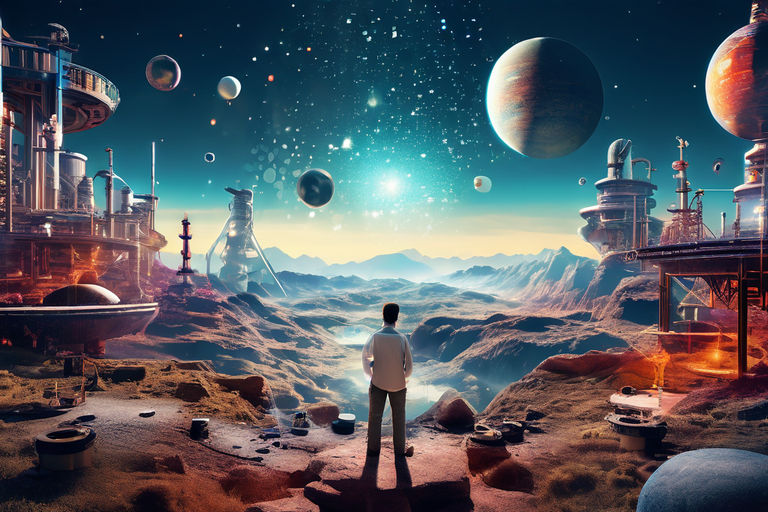
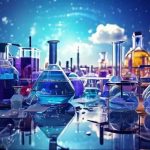
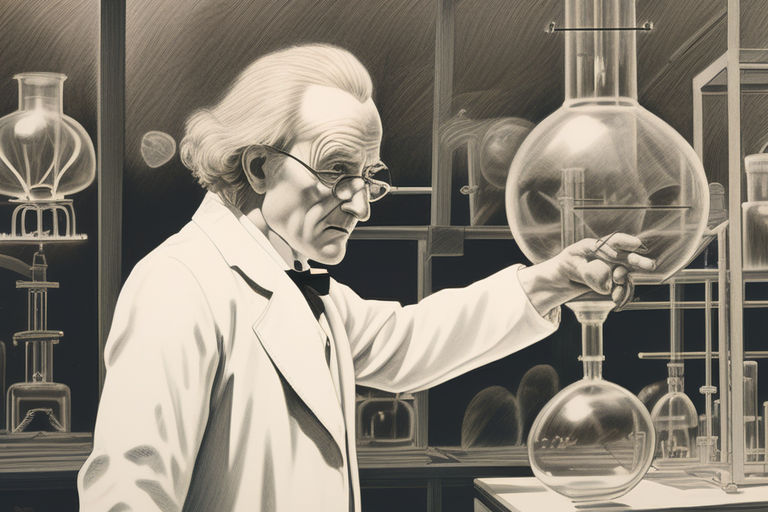


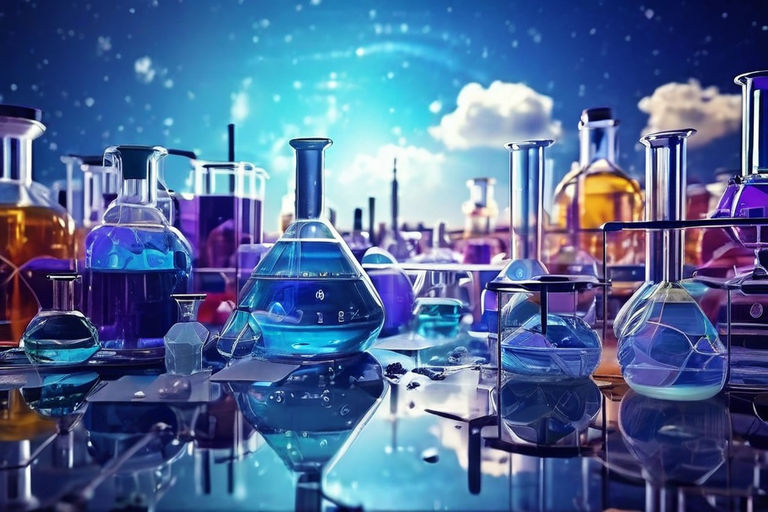



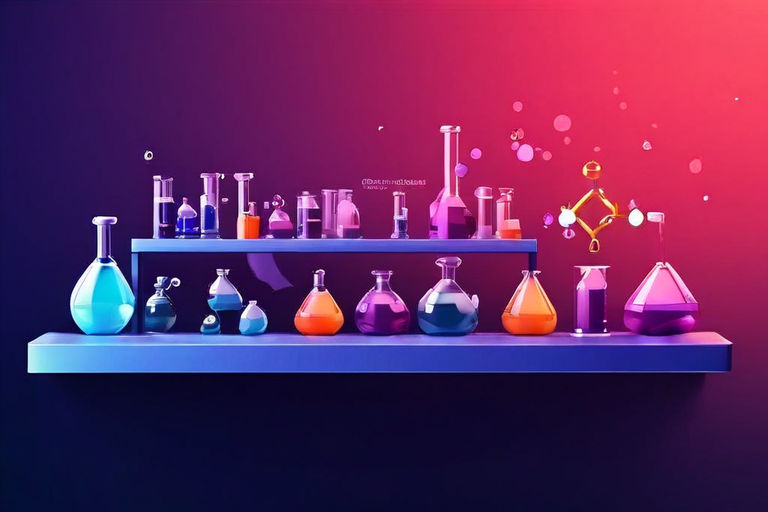

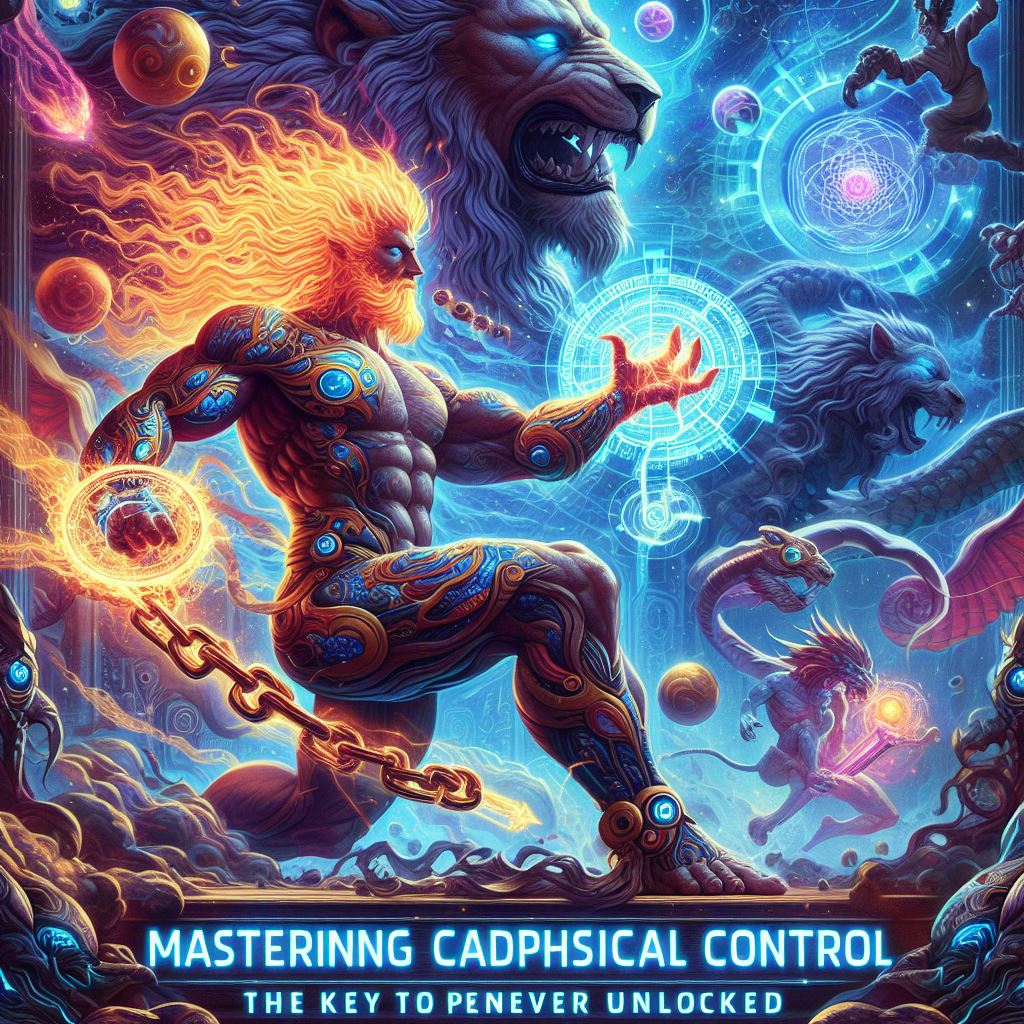

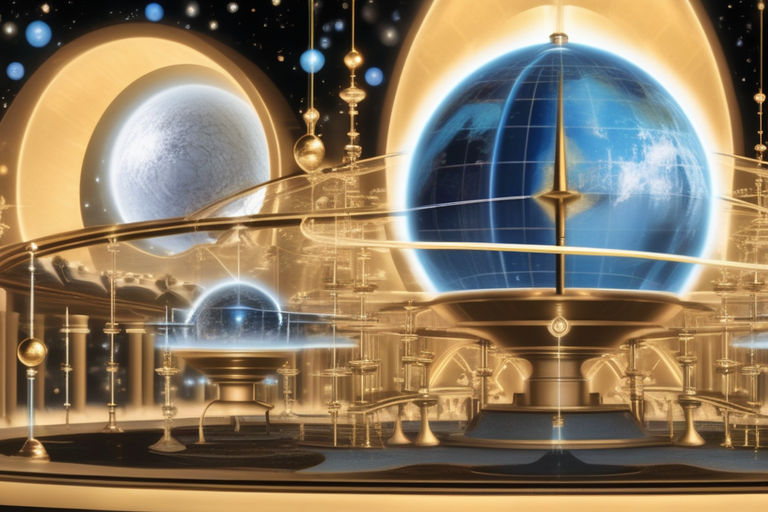



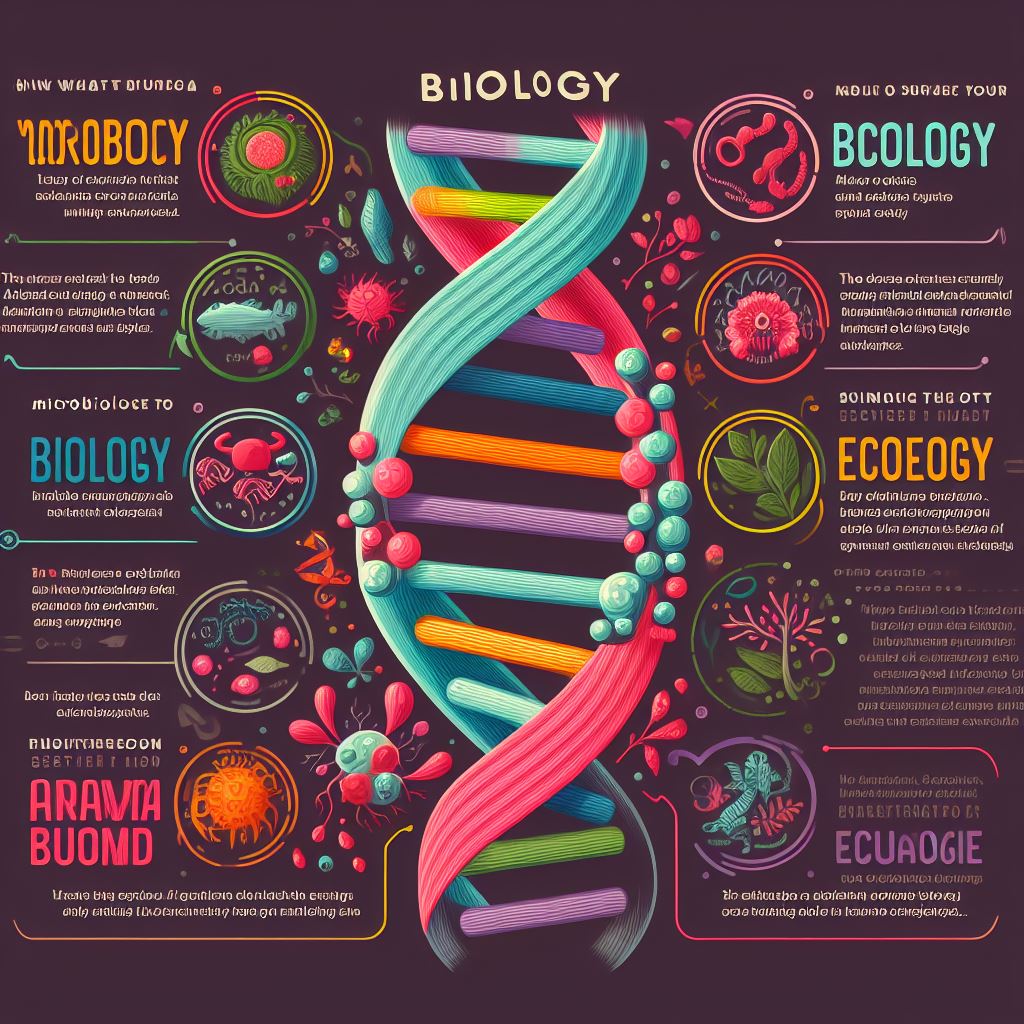


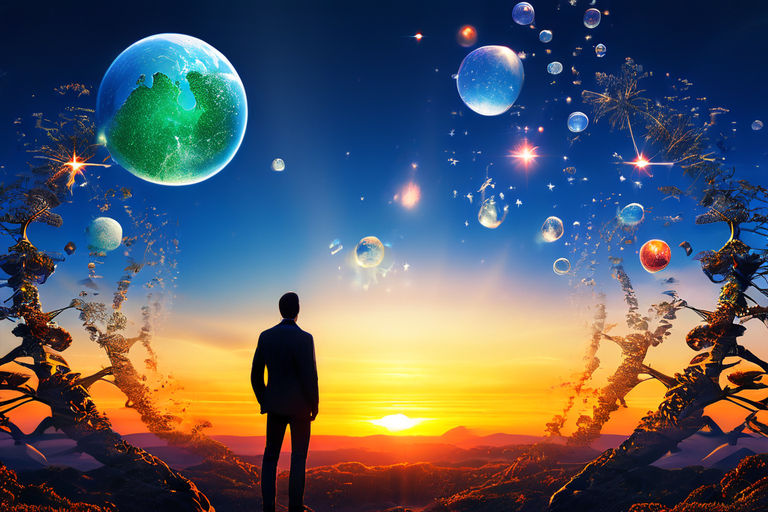
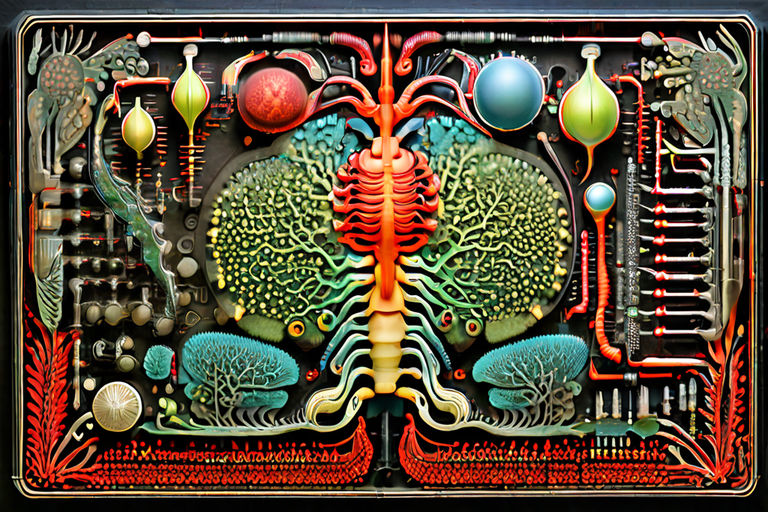
No Comments
Leave a comment Cancel